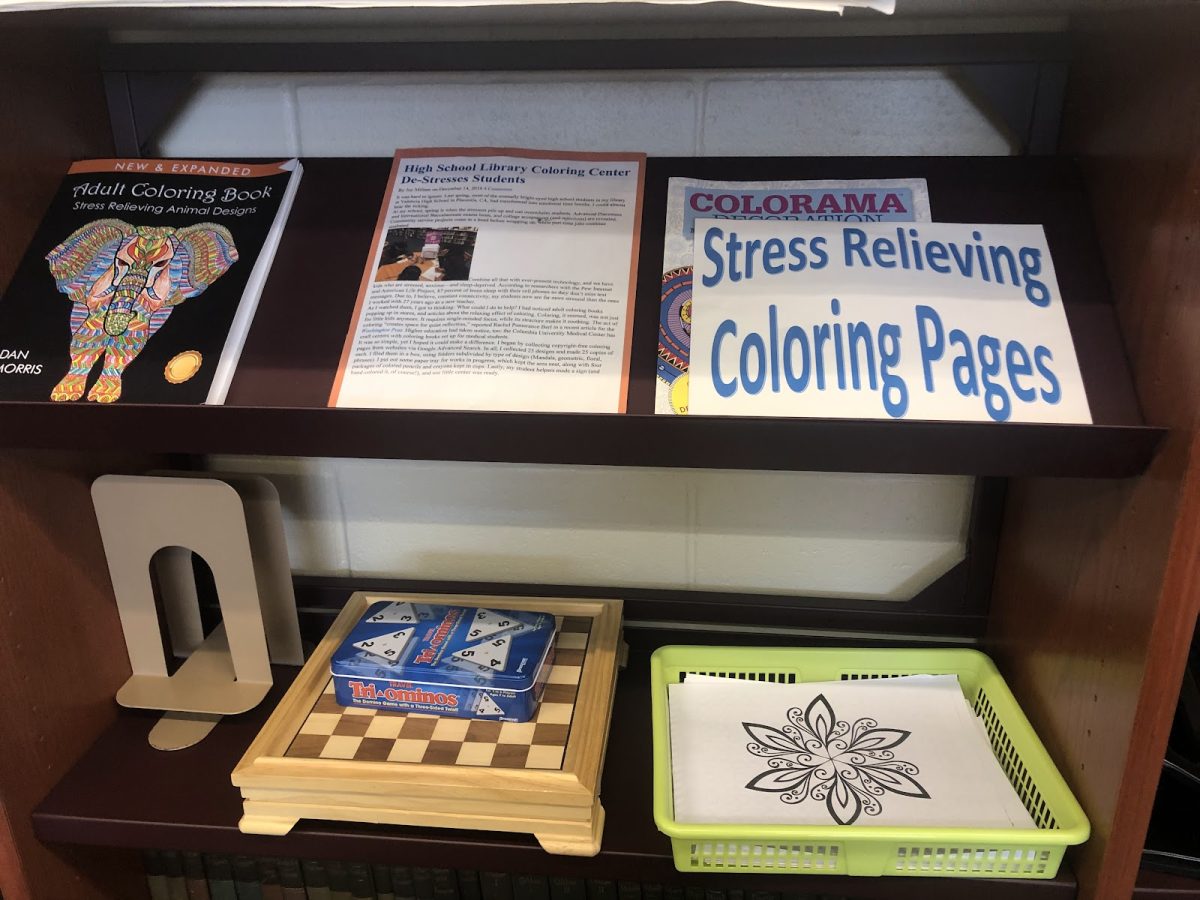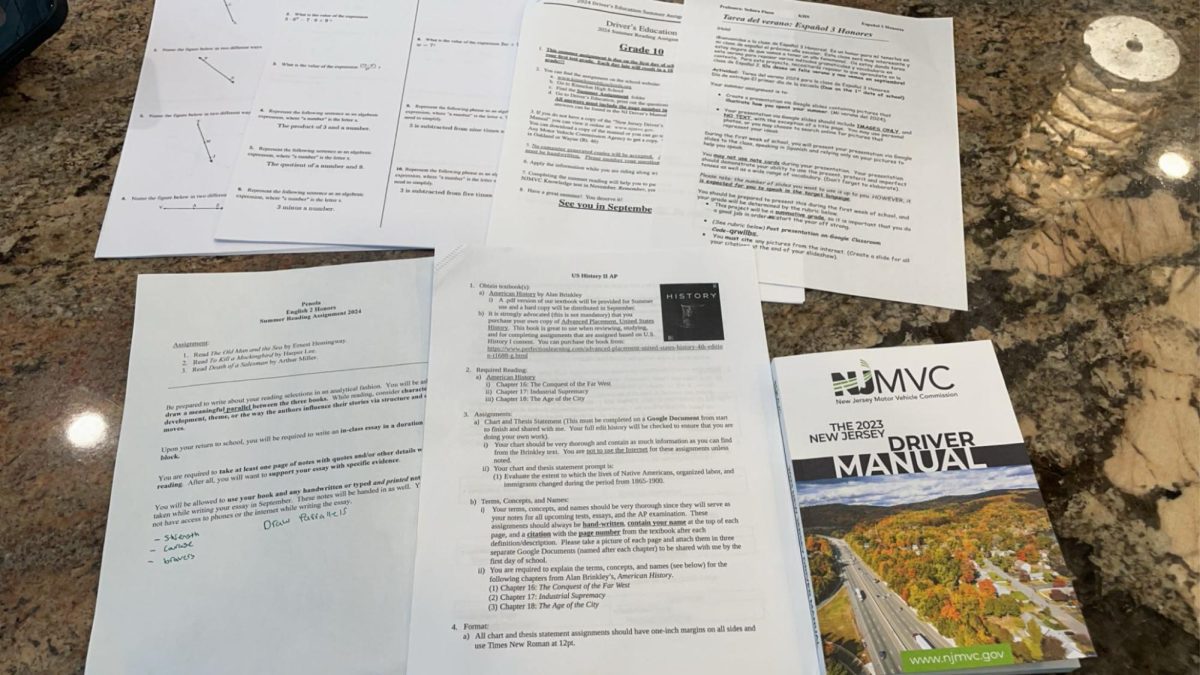In a time where the demands of everyday life cause high levels of stress and worry, mental health issues in teens are on the rise. While enlisting the help of others to cure mental health issues is possible and beneficial, prevention in the form of self-care is vital for optimal mental health.
Physical:
Many people forget the power your physical health has on your mental health. Getting a sufficient amount of sleep, fueling your body with enough food, and exercising will boost your mental health. Mental Health specialist Janette Kirk-Willis says, “Movement and exercise stops racing thoughts and gets the endorphins flowing.”
The National Institute of Mental Health says, “Just 30 minutes of walking every day can help boost your mood and improve your health.” Most teenagers should aim for at least 60 minutes of exercise every day. However, less than 1 in 10 teens gets enough exercise, which can significantly impact their mental well-being and mood.
To stay on track with improving your mental health, one should make sleep a priority and stick to a schedule. The average teen gets about seven hours of sleep a night with some getting even less than that, but according to Doctor Mary L. Gavin, “teens need about 8 to 10 hours of sleep a night.” Good sleep can improve brain activity, energy, and overall mood.
In addition, keeping a healthy well-balanced diet can keep your mood stable. Studies have revealed that when you take food rich in ‘beneficial’ bacteria, the anxiety magnitude and stress perception shoot to improved levels.
Mental:
Prioritizing aspects of your mental health can sometimes be overlooked. However, incorporating mental awareness activities into your everyday life is strongly beneficial.
Setting goals and opportunities for yourself can help keep you motivated. In fact, Journaling about your feelings is linked to decreased mental distress. You can journal these things in a notebook or even on your phone. As well as setting goals, journaling your feelings can help you keep track of your feelings or be used as an outlet to release them in a safe way.
In addition, starting a gratitude journal can help remind you of all the positive things you have in your life and why you should be grateful for them, especially if you are being specific. At the end of the day, try writing down at least three things you are grateful for.
Other forms of self-care:
Focusing on positive things through meditation or relaxing activities is also something to try. In an article from Naturopathic Medicine, it was reported that “practicing meditation trains you to experience a healthy form of detachment that allows you to observe your own thoughts or a situation without immediately reacting in an emotional way.”
Dedicating even 10 minutes of your day to a meditation of your choice can ease your mind and body. Apps such as Headspace, Calm, Fabulous and Reflectly are easy to access on your phone and provide many online resources.
Self-care is incredibly important so it is a must that you take time for yourself to do it. Try adding these activities and tips to your lifestyle and see if you notice any changes these strategies have on your mental health.
Self-care looks different for everyone, so it is important to find out what works best for you. Small actions each day, tidying up your room, staying hydrated throughout the day, making a to-do list, and taking time to yourself, can contribute to a boost in your mood and are crucial for your mental well-being.
Do the things you enjoy, whether that be listening to music, playing with your pets, making art, or seeing your friends.





